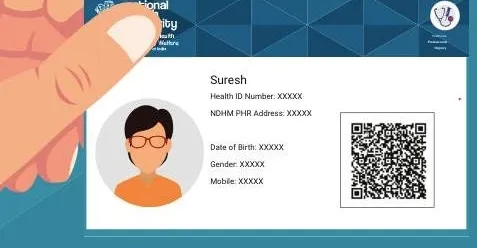Over 73.90 Crore Unique ABHA IDs Established to Enhance Healthcare: Health Ministry

Synopsis
Key Takeaways
- Over 73.90 Crore ABHA IDs created.
- ABDM aims for a national digital health ecosystem.
- ABHA provides seamless access to health records.
- Initiatives to raise awareness among beneficiaries.
- Extension of National Health Mission programs announced.
New Delhi, Feb 7 (NationPress) The Ministry of Health and Family Welfare announced on Friday that over 73.90 Crore individual health accounts with unique IDs have been generated under the Ayushman Bharat Digital Mission (ABDM).
Initiated in 2021, the ABDM's objective is to develop a national digital health ecosystem. To encourage citizen engagement, Ayushman Bharat Health Accounts (ABHAs)—a 14-digit Unique Health Identifier (previously referred to as Health IDs)—are established.
As of February 3, 73,90,93,095 ABHA IDs have been established, Union Minister of State for Health and Family Welfare, Prataprao Jadhav, mentioned in a written response to the Lok Sabha.
The ABHA number enables smooth access to health records among diverse healthcare providers, ensuring continuity of care and improving the effectiveness of healthcare services.
Additionally, it acts as a digital health account available to individuals nationwide. The ABHA Card provides online access to all medical needs and treatments when required.
Jadhav also highlighted that the Health Ministry has implemented numerous initiatives to raise awareness of the scheme among eligible beneficiaries throughout the country. This encompasses a media and outreach strategy; IEC (Information, Education, and Communication) activities to spread information, Jadhav stated.
He further noted the extension of various National Health Mission programs, as announced by the Union Cabinet, for the period of FY 2021-26. These initiatives include lowering the maternal mortality ratio (MMR) to 87 per 1 lakh and the infant mortality rate (IMR) to 22 per thousand; maintaining the total fertility rate (TFR) at 2.0 nationally; operationalizing 1.5 lakh Ayushman Arogya Mandirs; and achieving over 90 percent complete immunization coverage for all children by the age of one.
Moreover, health programs have been extended to address diseases such as malaria, dengue, lymphatic filariasis, and Kala Azar.







